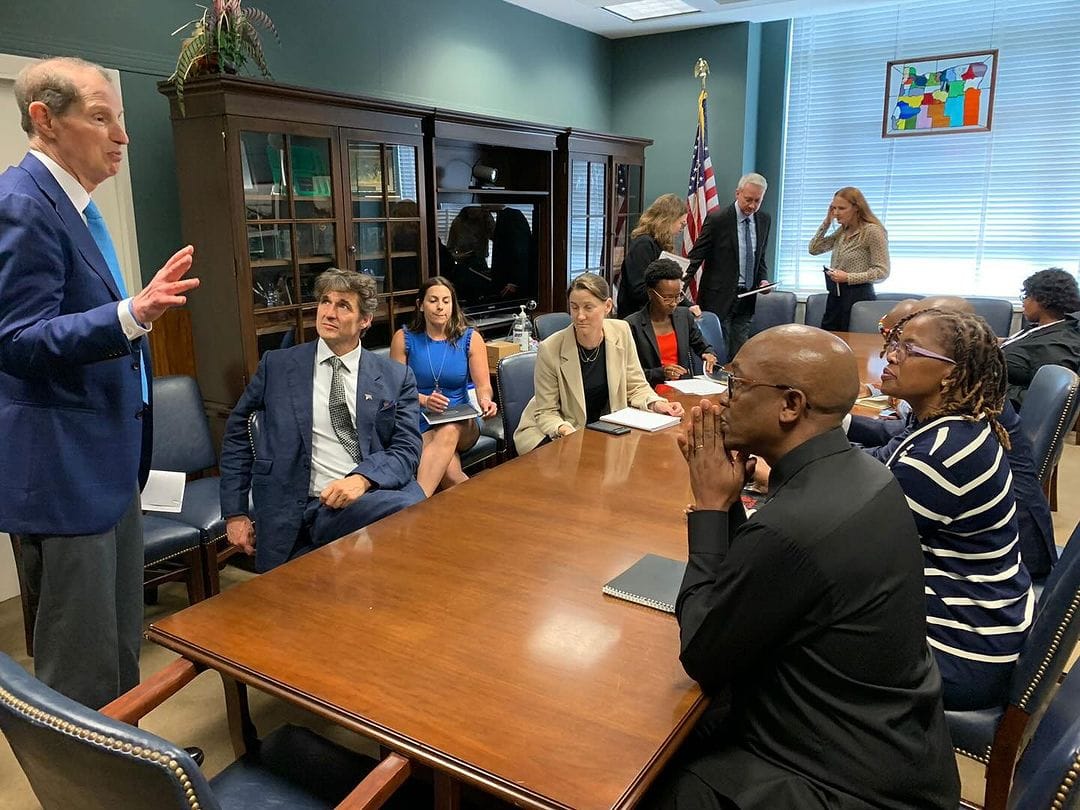SAYTA Supports The Call To Extend AGOA

The South African Youth Trade Association welcomed the effort from the South African delegation led by the Minister of DTIC, Hon Parks Tau to push for the extension of the African Growth Opportunity Act (AGOA) beyond 2025 with reforms, however part of the engagements from the SA delegation was to address US-SA market access issues, sharing SA’s foreign policy under GNU, and discussed the Bilateral Relations Review Act’s benefits.
Our view is that AGOA has been a great tool to foster economic growth and development in Africa. It has also been a catalyst for growth in the trade and investment industries in both the US and Africa through imports and exports. Subsequently, it has contributed and expanded to the socio-economic development status of Africa, South Africa to be precise through job creation.
The South African Youth Trade Association was invited on the 31st of July 2024 to eNCA to share more on their submission on AGOA and this was what the President of SAYTA had to say.

As much as AGOA has made great strides in developing Africa, the economic growth has been stagnant, this is because AGOA is single-marketed and this places South African exporters in a vulnerable position when US trade policies change. There are also constraints on product coverage e.g sugar and beef. These limitations highlight the need for South Africa to diversify its trade relations and invest in their own economic strategies. This will not only put SA businesses in favourable position, but it will give SA the chance to participate in bi-markets.
We also call for greater participation in AGOA for youth led businesses to access the US markets. We have been facing many barriers as the youth to participate in the global market due to the amongst many others, lack of information and the extended capacity which in turn makes us to not able to meet the requirements; in turn we are unable to be job creators as that is one of fundamental aspects of a growing business. We are also aware of the of the challenges faced by black farmers in the primary and secondary level; they can’t enter the market due to your historically big brands which are dominating the food sector in South Africa.
A pathway must be created for more people to access global market if they can produce quality foods through the AGOA policies of strengthening economic corporation in Africa and they must ensure that US companies support and invest in youth led businesses because in turn that will accelerate the participation of young people.
Ends
